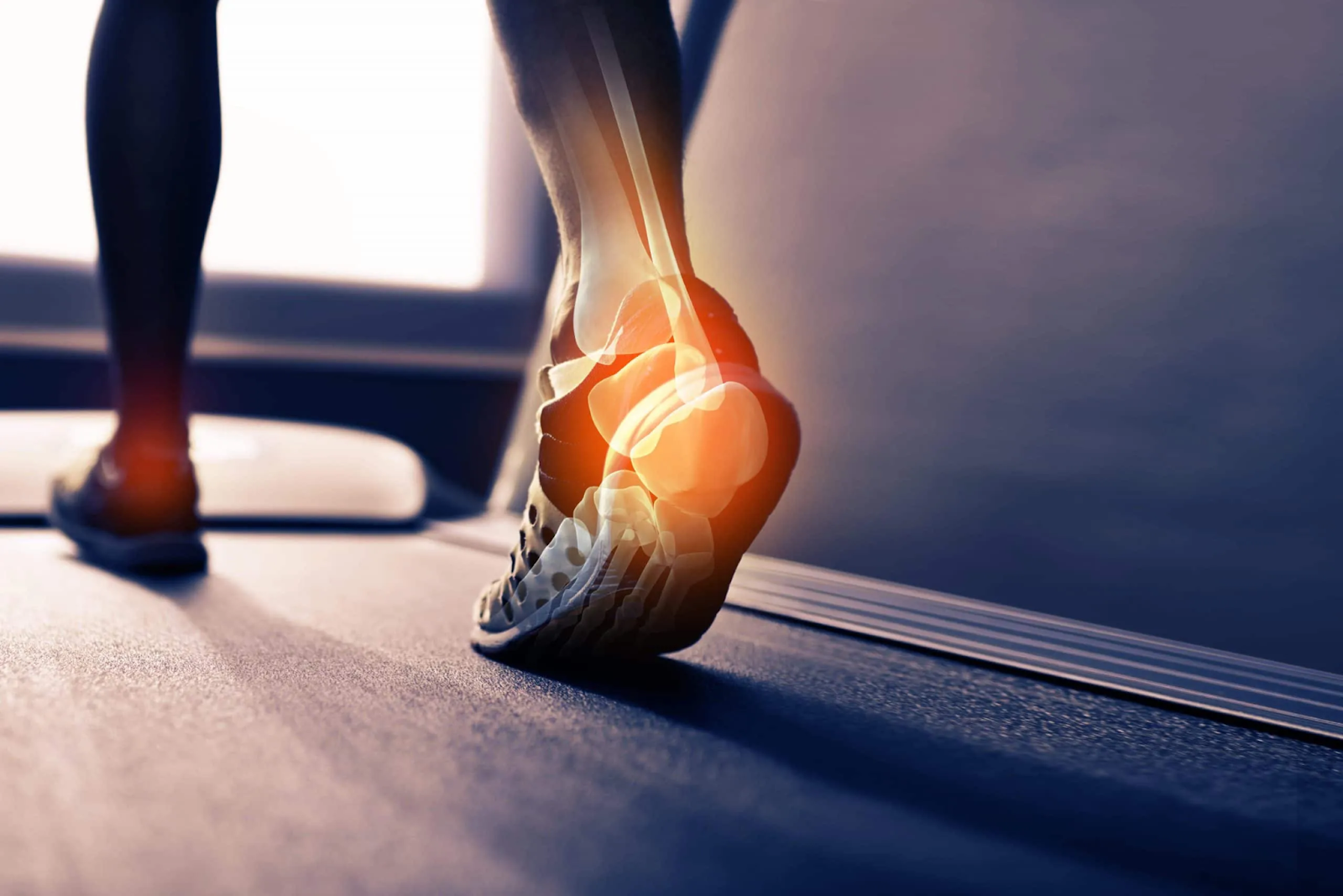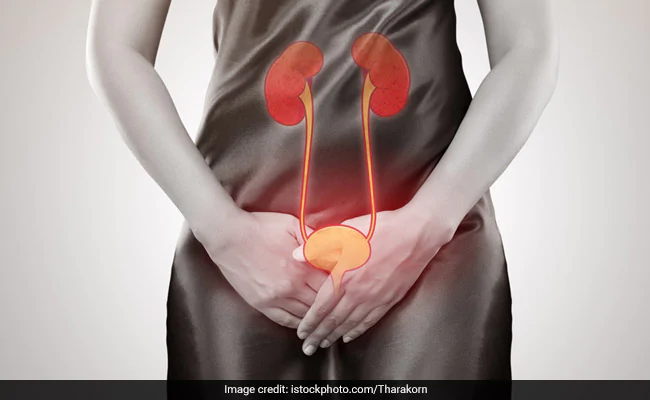- Our Doctors
- Our Specialities
Centres of Excellence
-
 Centre for Blood Diseases, BMT & Cancer Immunotherapy
Centre for Blood Diseases, BMT & Cancer Immunotherapy -
 Centre for Bone, Joint & Spine
Centre for Bone, Joint & Spine -
 Centre for Critical Care Medicine and ECMO Services
Centre for Critical Care Medicine and ECMO Services -
 Centre for Gastrosciences
Centre for Gastrosciences -
 Centre for Heart & Vascular Care
Centre for Heart & Vascular Care -
 Centre for Nephro-Urosciences
Centre for Nephro-Urosciences -
 Centre for Neurosciences
Centre for Neurosciences -
 Centre for Obstetrics and Gynaecology
Centre for Obstetrics and Gynaecology -
 Centre for Organ Transplantation
Centre for Organ Transplantation
Super Speciality
-
 Advanced Diagnostic and Interventional Radiology
Advanced Diagnostic and Interventional Radiology -
 Anesthesiology & Pain Management
Anesthesiology & Pain Management -
 Clinical Nutrition and Dietetics
Clinical Nutrition and Dietetics -
 Dental and Maxillofacial Surgery
Dental and Maxillofacial Surgery -
 Dermatology
Dermatology -
 Emergency and Trauma
Emergency and Trauma -
 Endocrinology and Metabolic Disease
Endocrinology and Metabolic Disease -
 ENT and Head & Neck Surgery
ENT and Head & Neck Surgery -
 Family Medicine
Family Medicine -
 General and Laparoscopic Surgery
General and Laparoscopic Surgery -
 General Medicine
General Medicine -
 GI Onco Surgery
GI Onco Surgery -
 GI Oncology
GI Oncology -
 GI Surgery, Advanced Laparoscopy and Gastro Oncosurgery
GI Surgery, Advanced Laparoscopy and Gastro Oncosurgery
-
- Key Procedures
- Our Hospitals
- International Patient
- Contact us
-
Quick Links
Blogs

Preventing Sports Injuries
Playing sports is a lot of fun, but getting hurt is not. The common causes of sports injuries include:
- Improper or poor training form
- Wearing improper sporting gear
- Being in poor health condition
- proper warm-up or stretching practices before a sporting event or exercise
Common sports injuries include:
- Sprains and strains
- Joint injuries (knee)
- Muscle injuries
- Dislocations
- Fractures
- Ligament tears (ACL, PCL tear)
- Pain along the shin bone
How Can I Prevent Such Injuries?
With proper precautions, sports injuries can be prevented. Some useful tips include:
- Developing a fitness plan that includes cardiovascular exercise, strength training, and flexibility. This will help decrease your chance of injury, by strengthening your core muscles.
- Alternate exercising different muscle groups and exercise every other day.
- Cooldown properly after exercise or sports. It should take 2 times as long as your warm-ups.
Stretching exercises can improve the ability of muscles to contract and perform, reducing the risk of injury. Each stretch should start slowly until you reach a point of muscle tension. Stretching should not be painful. Aim to hold each stretch for up to 20 seconds. - Stay hydrated and drink water, to prevent dehydration, exhaustion and heatstroke.
- Use the right equipment and shoes that provide support and that may correct certain foot problems that can lead to injury.
- Learn the right techniques and form when you play your sport.
- Rest when tired, Avoid exercise one day every week, to recover and rehabilitate from the strain caused by training.
- Always take your time during strength training and go through the full range of motion with each repetition.
Latest Posts
-
 Awake Craniotomy Jul 12, 2022
Awake Craniotomy Jul 12, 2022 -
 Curing Constipation Jul 12, 2022
Curing Constipation Jul 12, 2022 -
 The ‘Gut Health’ Buzz Jul 12, 2022
The ‘Gut Health’ Buzz Jul 12, 2022 -
 Tips to Prevent UTI Jul 12, 2022
Tips to Prevent UTI Jul 12, 2022
Categories
- Clinical Nutrition and Dietetics
- Endocrinology and Metabolic Disease
- General and Laparoscopic Surgery
- General Medicine
- Physical Medicine and Rehabilitation
- Psychiatry
- Centre for Heart & Vascular Care
- Centre for Bone, Joint & Spine
- Centre for Neurosciences
- Centre for Gastrosciences
- Centre for Nephro-Urosciences
- Centre for Blood Diseases, BMT & Cancer Immunotherapy
- Centre for Obstetrics and Gynaecology

 +91 9393 108 108
+91 9393 108 108

















































